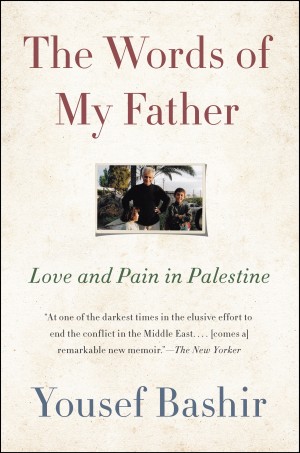In 1945 US President Harry Truman was queried by his country’s press about the situation of the British Mandate in Palestine. “I have no desire to send 500,000 American soldiers there to make peace,” he responded.
In Genesis, John Judis, a senior editor at The New Republic, attempts to wrestle with how Harry Truman and the United States became entangled in a conflict far away in the Middle East and why it still haunts American policy. Although the author admires Truman, a “genuine liberal who had moral qualms with Zionism,” and many of the early American Zionists, he wrestles with how and why they came to support the foundation of a country so different than American values.
Judis begins by troweling a well-known narrative of the history of Zionism. He repeats old stereotypes long since disabused by historians, claiming that Ottoman Palestine was “a sleepy little-noticed backwater that was part of the decaying Ottoman Empire.” From there, the book examines how Truman wrestled with a pro-Israel lobby and its opponents who saw no reason to support the creation of Israel.
This is a well-researched book that explores an interesting subject, however the author allows his overall bias against Israel and the US-Israel relationship to cloud the narrative. Although well written, the book is more about the author’s own relationship with the Jewish state than about the history that is supposed to be exposed.
Notes, bibliography, index.
Related Content:





